Budget 2017: grim growth forecast eclipses Hammond giveaways
Chancellor offers extra £3bn for Brexit, £2.8bn for NHS in England, and a mea culpa on Universal Credit
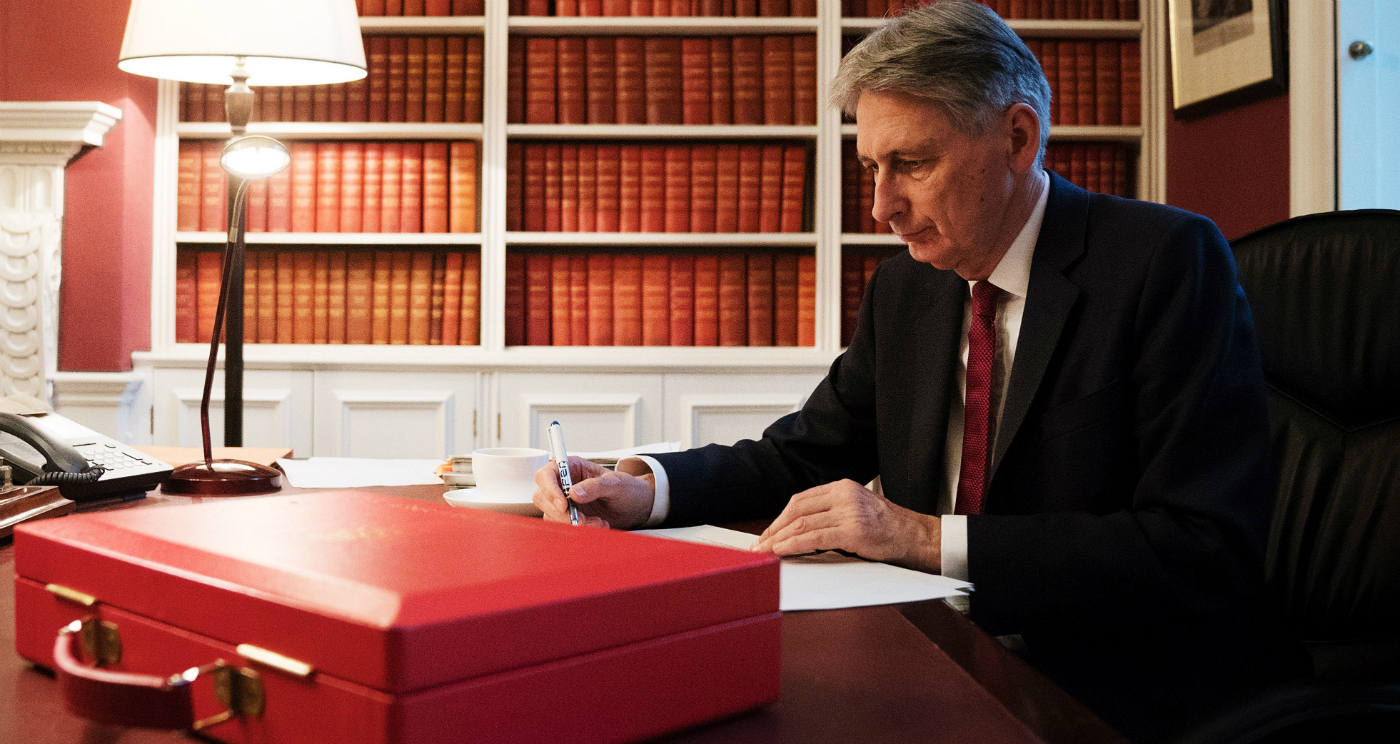
A free daily email with the biggest news stories of the day – and the best features from TheWeek.com
You are now subscribed
Your newsletter sign-up was successful
Philip Hammond delivered his Autumn Budget today with headline-grabbing promises to abolish stamp duty for first-time buyers, increase the housing stock and boost NHS funding, but a dark message underlined the Chancellor’s speech - the UK economy is weaker than predicted back in March.
The Office for Budget Responsibility (OBR) now expects the UK economy to grow by 1.5% this year, rather than the 2% forecast in Hammond’s Spring Budget. The advisory body also anticipates lower-than-expected growth of 1.4% in 2018, rather than the 1.6% forecast in March.
According to the Financial Times, the gloomy forecasts left Hammond with less “scope to splash the cash” in what many saw as a make-or-break Budget for the beleaguered Conservatives. The tepid forecasts also forced Theresa May’s government to acknowledge the deteriorating UK economic outlook and set aside an extra £3bn to prepare for all Brexit outcomes - including a no-deal Brexit.
The Week
Escape your echo chamber. Get the facts behind the news, plus analysis from multiple perspectives.

Sign up for The Week's Free Newsletters
From our morning news briefing to a weekly Good News Newsletter, get the best of The Week delivered directly to your inbox.
From our morning news briefing to a weekly Good News Newsletter, get the best of The Week delivered directly to your inbox.
“The announcement of funding for leaving the European Union shows he’s [Hammond] relented to demands from more pro-Brexit factions of the Cabinet to make money available so the UK can walk away from divorce talks,” says Bloomberg.
Stamp duty waiver for first-time buyers
The abolition of stamp duty for first-time buyers was clearly the rabbit Hammond wanted to pull out of his hat at the end of an hour-long speech. He said that he would abolish stamp duty for first-time buyers on homes valued at up to £300,000, and on the first £300,000 of properties priced up to £500,000 - which will result in savings of up to £5,000.
Sky News political reporter Faisel Islam says Hammond was sending a message to younger voters, who did not back the Conservatives in great numbers in the June election.
A free daily email with the biggest news stories of the day – and the best features from TheWeek.com
The Chancellor made several other eye-catching promises - £2.8bn for the NHS in England, and a £44bn housing-related package to build an extra 300,000 homes every year. But Labour complained that they had heard it all before.
“They call it a Budget fit for the future,” Labour leader Jeremy Corbyn told Parliament. “This is a government no longer fit for office.”
So did Hammond “run toward change” as he promised during the Budget speech? Or run away from it?
“Will this be enough for the Budget to be judged as a success (by the low expectations set in advance)? It is too early to know, but it does seem possible,” says The Guardian’s Andrew Sparrow.
Budget 2017: the highlights
National Health Service
Hammond promised the NHS an additional £2.8bn over three years, with an immediate cash injection of £350m.
Small businesses
The VAT threshold for small businesses will not be reduced from £85,000. The Chancellor will bring forward the uprating of business rates based on the consumer price index (CPI), instead of the retail prices index (RPI), by two years - which should save businesses £2.3bn. He will also extend the £1,000 discount for small pubs to March 2019.
Stamp duty
An estimated 80% of first-time buyers will pay no stamp duty under plans outlined above, helping them get on the housing ladder. But Sparrow notes that abolishing stamp duty isn’t going to make property more affordable, and that “if anything, it seems just as likely that it will allow sellers to increase prices”.
Housing
Hammond promised a £44bn capital investment to boost the housing market so that by the mid-2020s, there should be 300,000 homes built every year. Councils will be allowed to charge a 100% premium on council tax on empty properties.
“But he stopped short of ripping up the planning system and giving the green light to building on the green belt, pledging to continue the party’s ‘protection’ of the countryside - throwing some much needed red meat to the right-wing of his party,” says iNews.
Plastic
The success of the 5p plastic carrier bag tax has prompted Hammond to investigate how the tax system and charges on single-use plastic items can reduce waste. In other words, Hammond is considering a new tax on single-use plastic items such as packaging and polystyrene takeaway boxes - but he’s not there yet.
Cars
Diesel cars that fail to meet air quality standards will incur an additional tax from April 2018. There will also be extra funds and tax incentives for electric car drivers, including a £400m charging infrastructure fund. Fuel duty remains frozen, saving the average driver £160 a year.
National Living Wage
The National Living Wage will rise by 4.4%, from £7.50 to £7.83 per hour, from April 2018.
Income Tax
The basic-rate income tax threshold rises from £11,501 to £11,850 from April 2018, while the higher rate threshold will increase from £45,001 to £46,350.
Travel and the so-called Millennial Railcard
The 26-30 National Railcard will be introduced next spring. Hammond will also again freeze short-haul air passenger duty (APD), along with long-haul APD for economy passengers. The move will be funded by an increase on taxes for private jets.
Alcohol and cigarettes
Tax on beer, cider and wine will be frozen. Duty on all tobacco products will rise by two percentage points above RPI infation until the end of this Parliament. There will be an additional 1% duty on hand rolling tobacco.
-
 The environmental cost of GLP-1s
The environmental cost of GLP-1sThe explainer Producing the drugs is a dirty process
-
 Greenland’s capital becomes ground zero for the country’s diplomatic straits
Greenland’s capital becomes ground zero for the country’s diplomatic straitsIN THE SPOTLIGHT A flurry of new consular activity in Nuuk shows how important Greenland has become to Europeans’ anxiety about American imperialism
-
 ‘This is something that happens all too often’
‘This is something that happens all too often’Instant Opinion Opinion, comment and editorials of the day
-
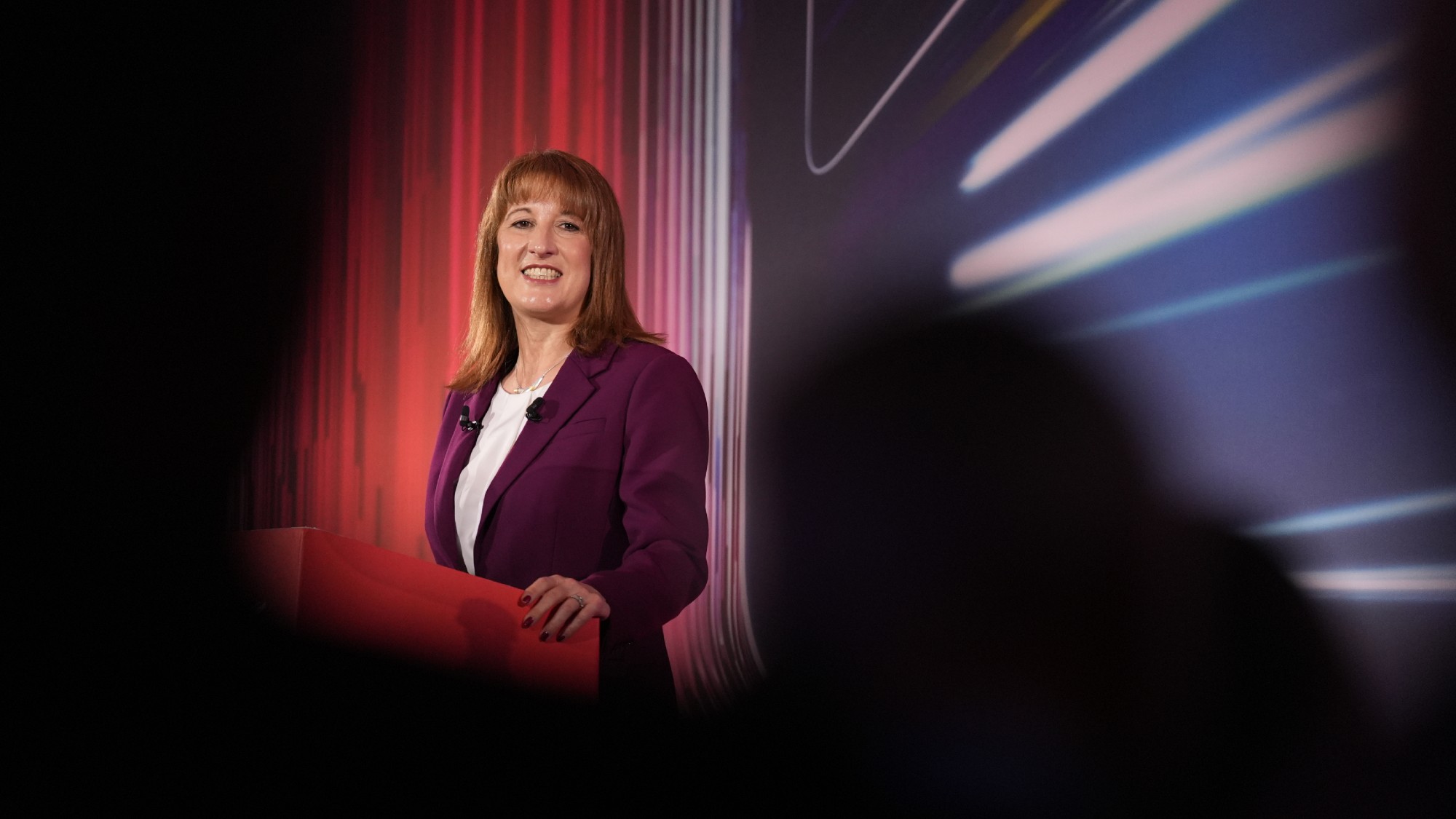 Autumn Budget: will Rachel Reeves raid the rich?
Autumn Budget: will Rachel Reeves raid the rich?Talking Point To fill Britain’s financial black hole, the Chancellor will have to consider everything – except an income tax rise
-
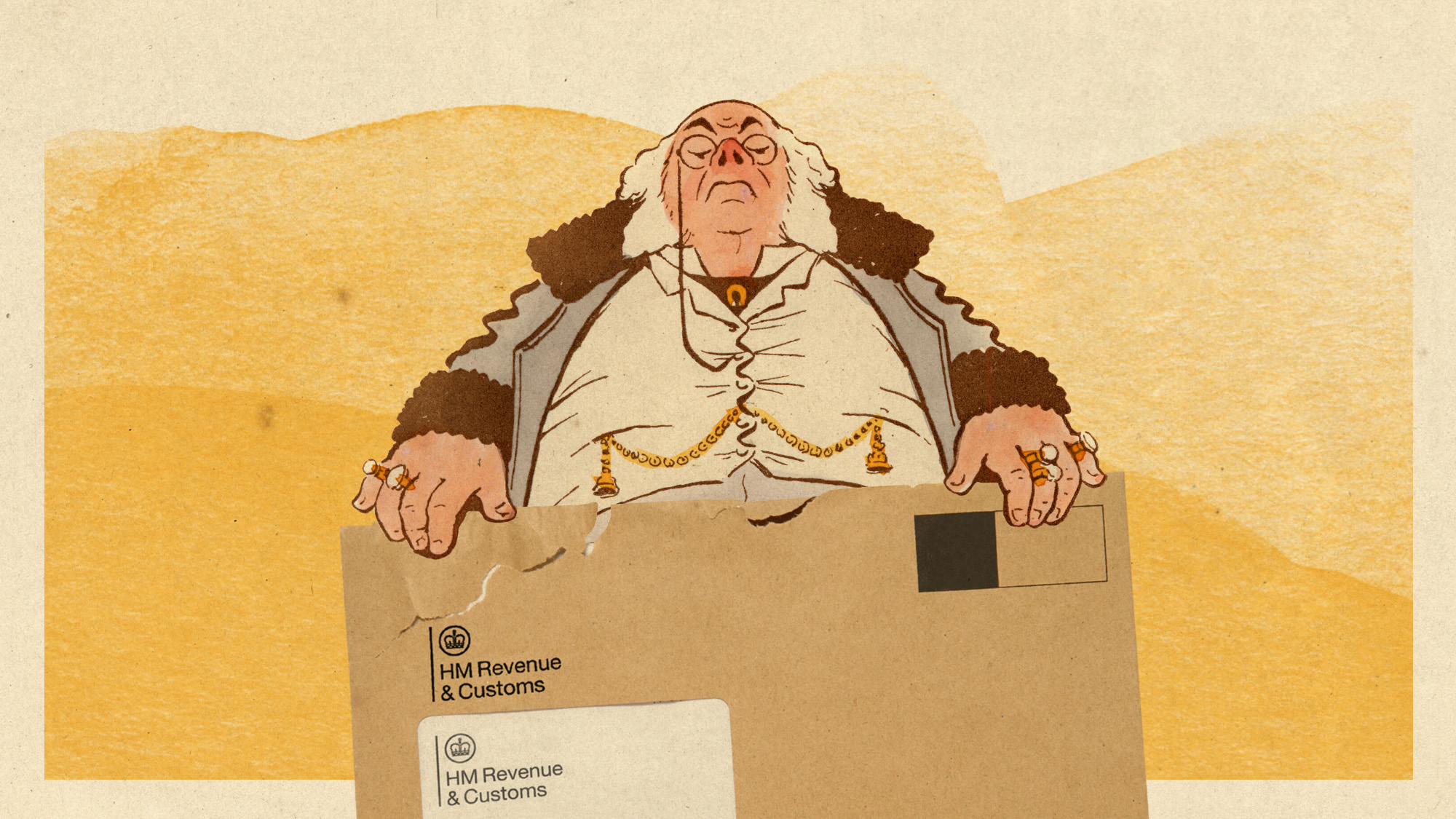 Pros and cons of a wealth tax
Pros and cons of a wealth taxPros and Cons Raising revenue and tackling inequality vs. the risk of capital flight and reduced competitiveness
-
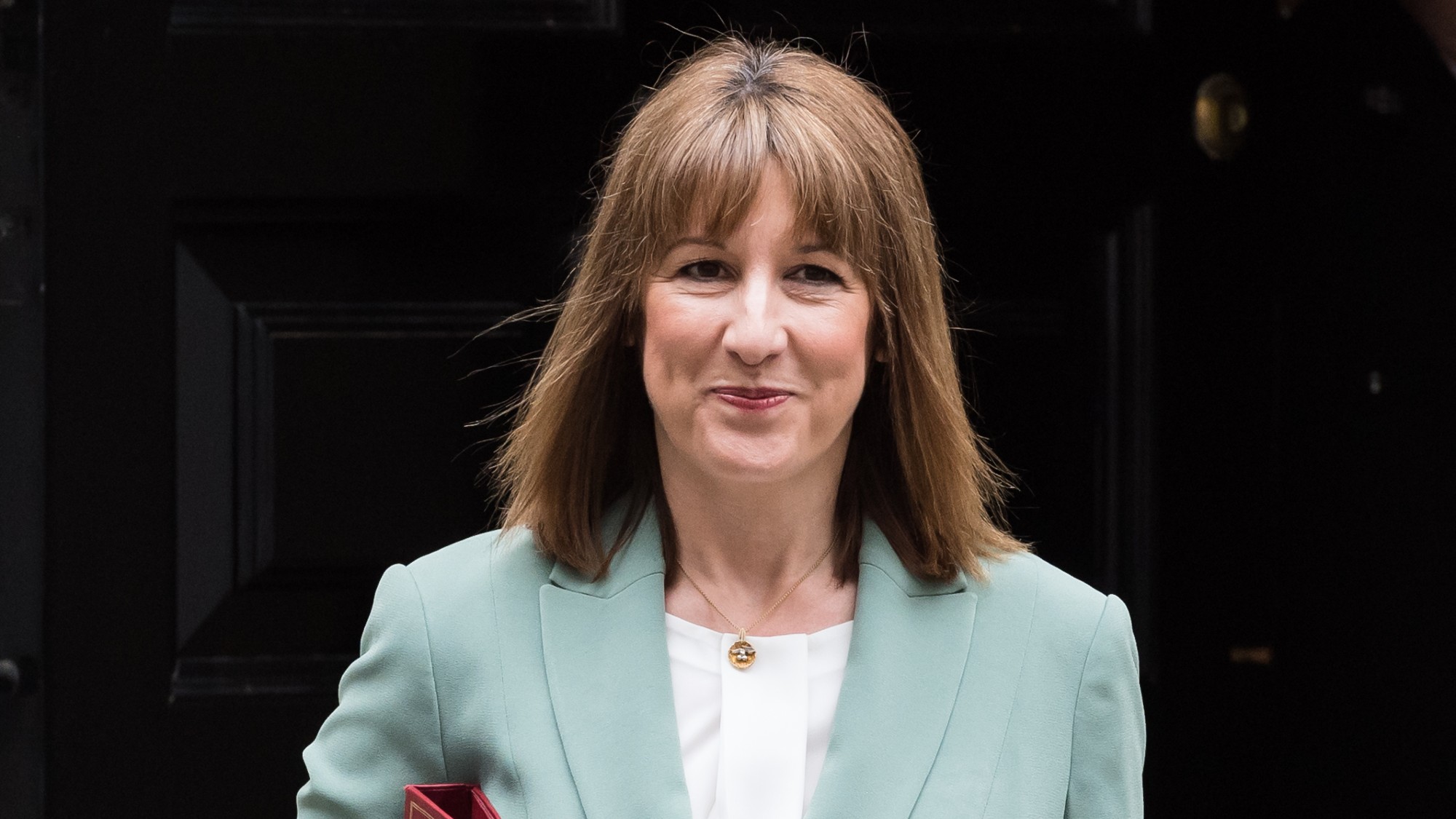 Is Rachel Reeves going soft on non-doms?
Is Rachel Reeves going soft on non-doms?Today's Big Question Chancellor is reportedly considering reversing controversial 40% inheritance tax on global assets of non-doms, after allegations of 'exodus' of rich people
-
 Foreigners in Spain facing a 100% tax on homes as the country battles a housing crisis
Foreigners in Spain facing a 100% tax on homes as the country battles a housing crisisUnder the Radar The goal is to provide 'more housing, better regulation and greater aid,' said Spain's prime minister
-
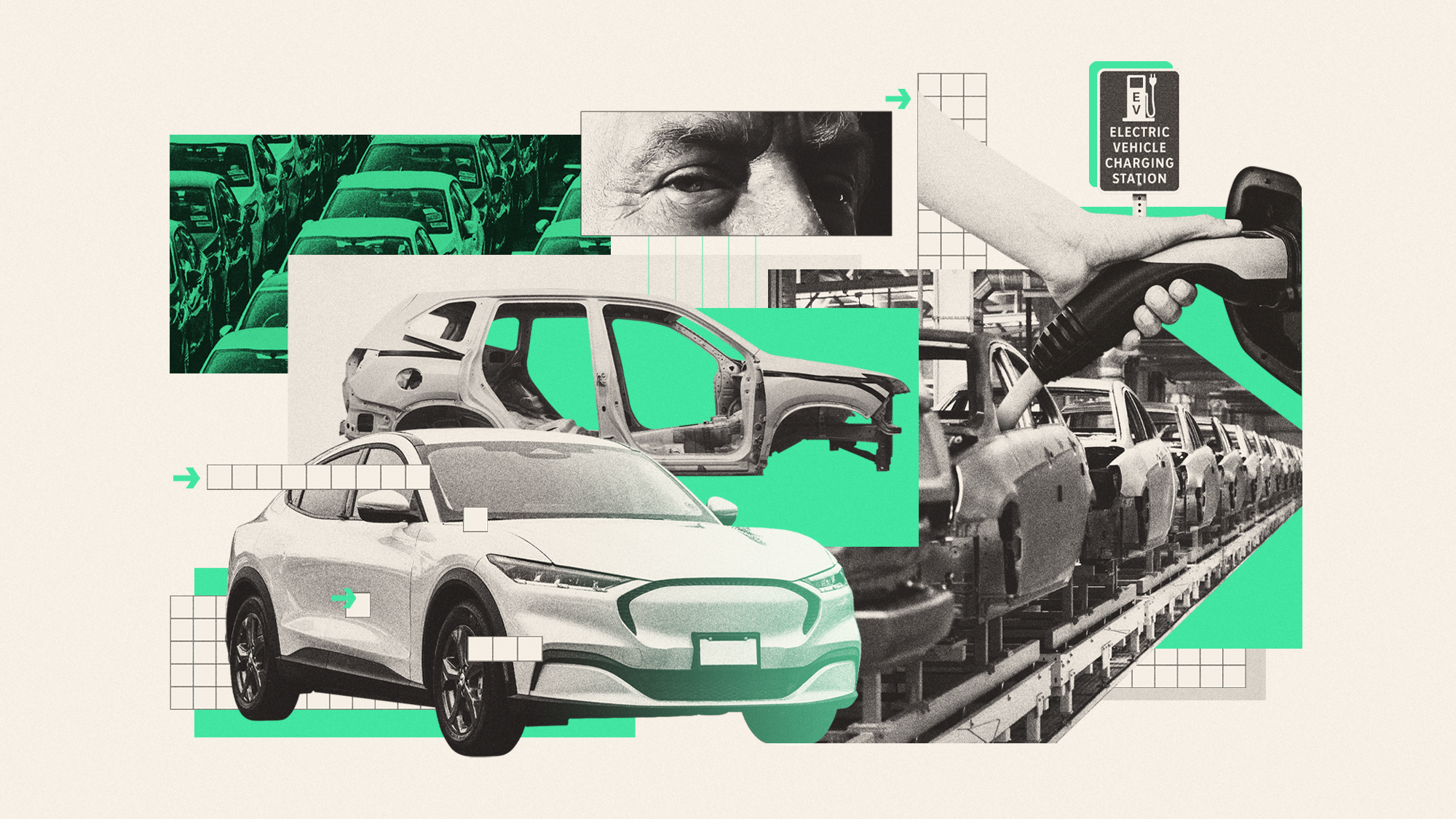 What's next for electric vehicles under Trump?
What's next for electric vehicles under Trump?Today's Big Question And what does that mean for Tesla's Elon Musk?
-
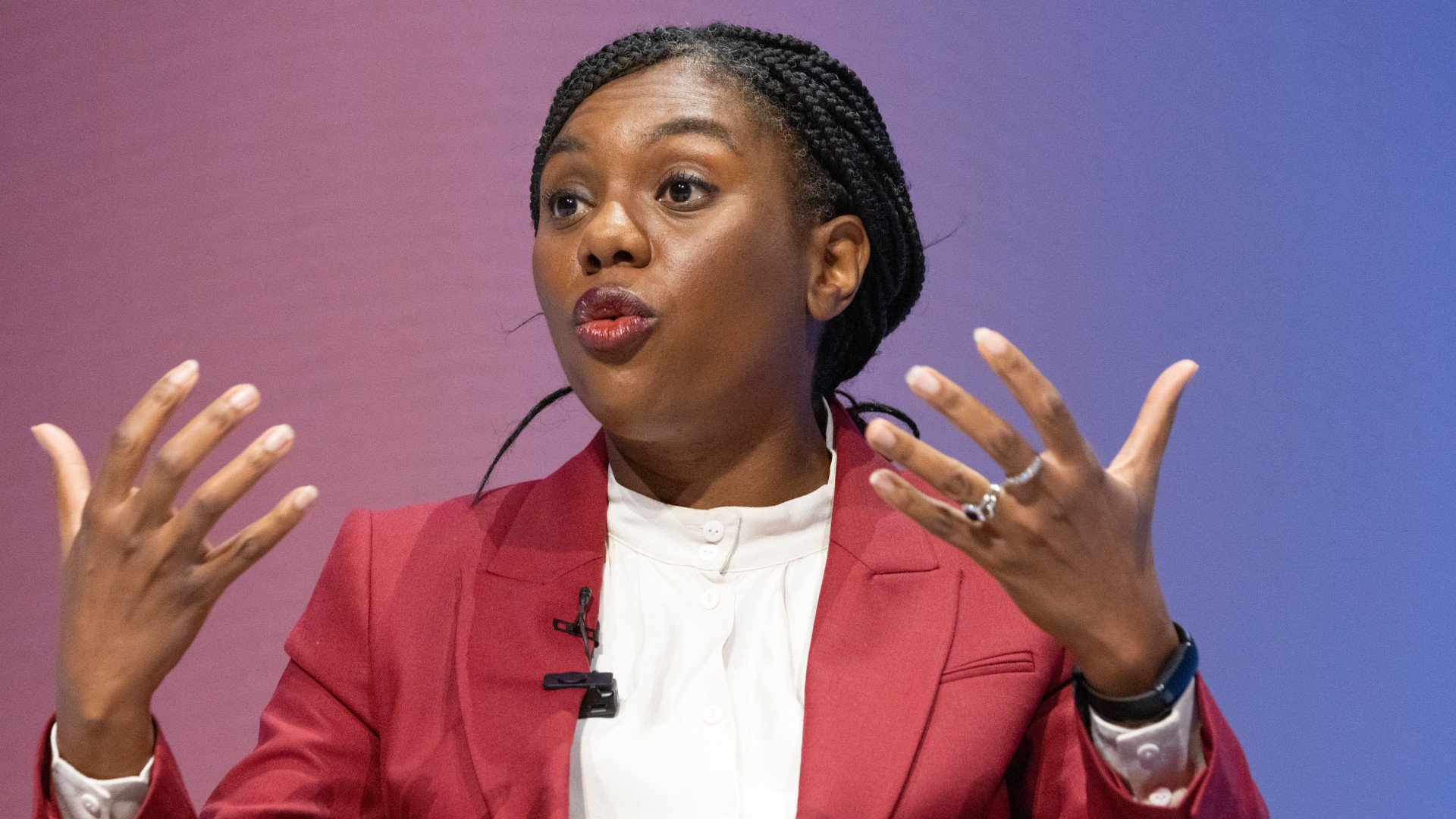 The row over UK maternity pay
The row over UK maternity payTalking Points Tory leadership hopeful Kemi Badenoch implied that taxpayer-funded benefit was 'excessive' and called for 'greater responsibility'
-
 Will the UK economy bounce back in 2024?
Will the UK economy bounce back in 2024?Today's Big Question Fears of recession follow warning that the West is 'sleepwalking into economic catastrophe'
-
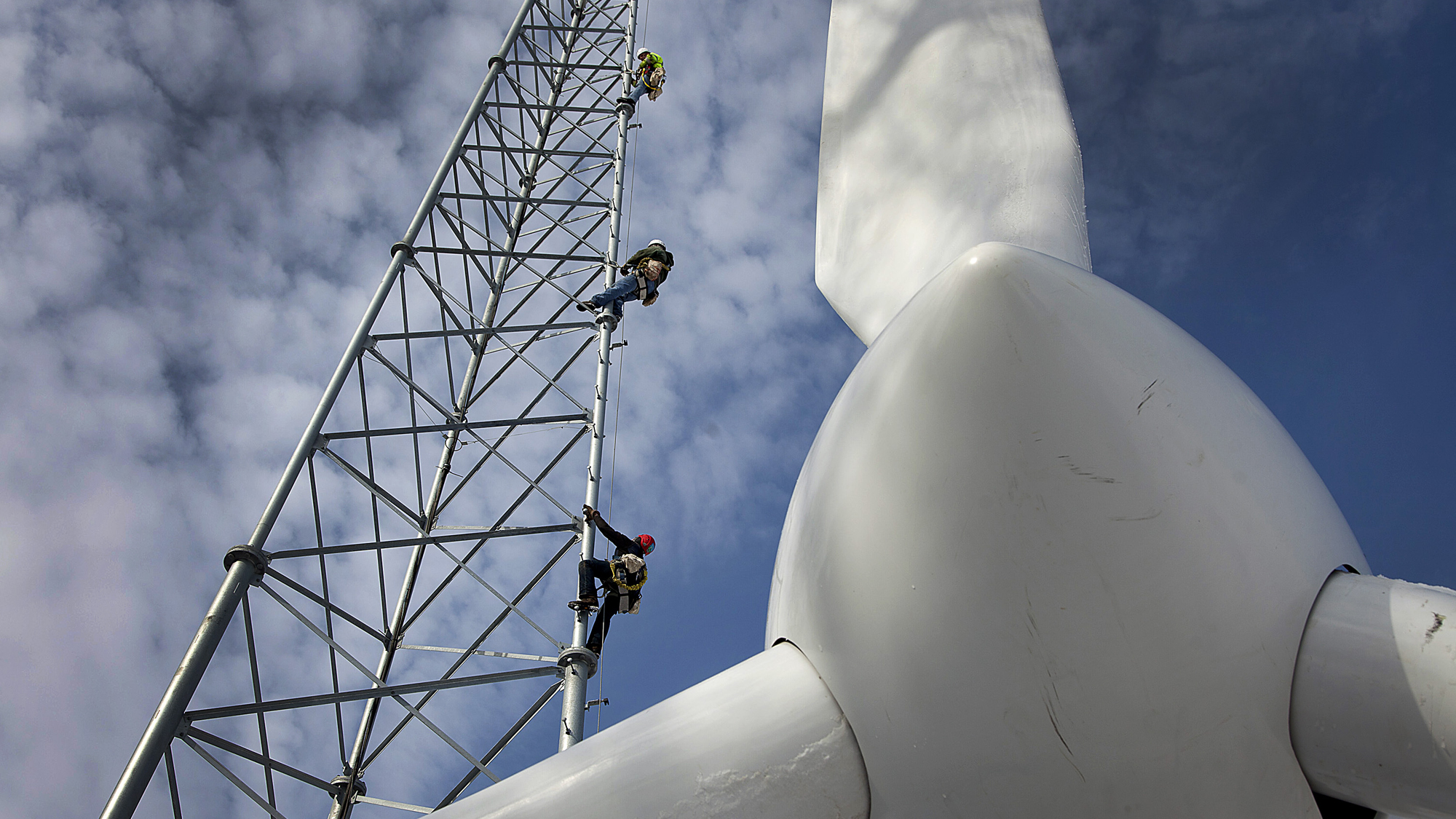 America's most in-demand job
America's most in-demand jobFeature And more of the week's best financial insight